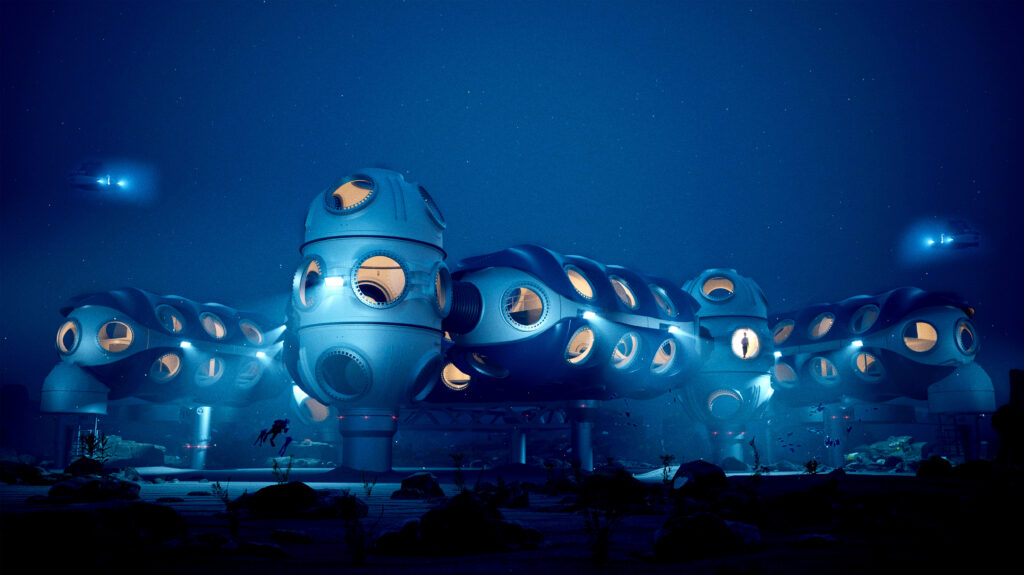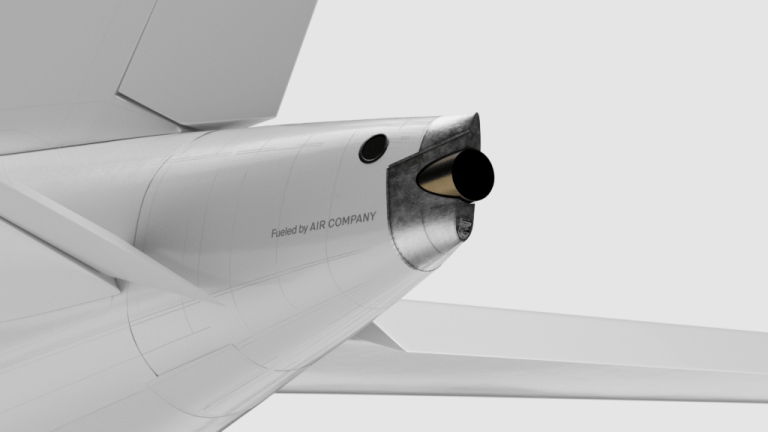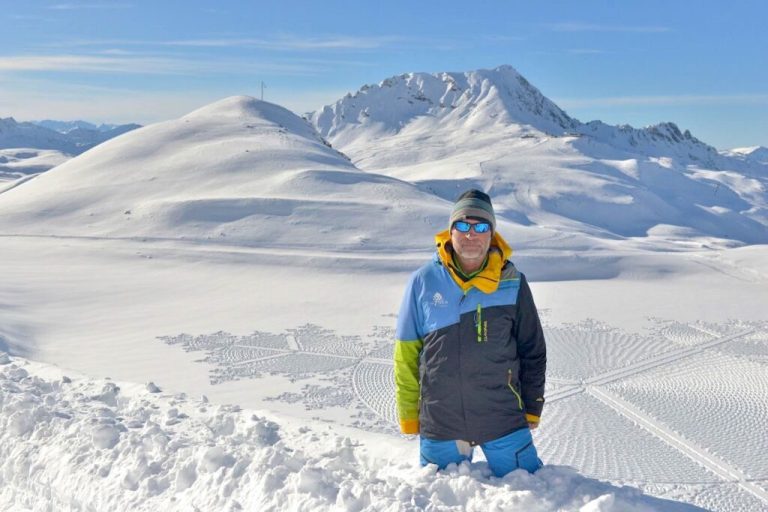The ocean covers around 70% of the Earth’s surface and hosts more life than anywhere else on the planet — but 95% of it has yet to be explored. A team of U.K.-based engineers and researchers want to change that with the launch of an ambitious initiative to establish a permanent human presence beneath the waves by 2027.
Founded in 2021, DEEP Research Labs is an international research and development organization on a mission to “make humans aquatic,” with the belief that by doing so, we can better understand and preserve our planet’s most diverse biosphere. The group “create[s] tools and practices for scientists, academics, and others who seek to do good through their interaction with our oceans,” the company website states.

And DEEP makes a pretty convincing case for its unconventional goal, asserting that humans need to revolutionize the way they explore the ocean by using the rainforest as an example.
“Imagine if our sole means of exploring the rainforest were to abseil through the canopy, spend a few minutes observing the forest floor, before having to re-fuel, re-supply, and re-deploy,” the website reads. “Imagine how many life-saving drugs we’d be yet to discover. Or how little we’d know about our planet’s carbon cycle.”
DEEP’s president of Europe, Middle East, and Africa operations, Steve Etherton, elaborated on that idea in a news release, “We need to preserve the oceans. To do that, we need to understand them,” he said. “The oceans sit at the center of many of the generational challenges the world is facing, and they also offer opportunities we have not even begun to comprehend. They are the source of at least every other breath we take. They influence the weather. They influence the climate. They influence us. Yet, this life-sustaining ecosystem remains surprisingly unknown.”
The first step in making humans aquatic lies in DEEP’s flagship technology: the Sentinel System, a modular subsea habitat that can be scaled to accommodate dozens of humans — something like an International Space Station of the sea. The sleek, futuristic system would enable researchers to live and work on the ocean floor at a maximum depth of 200 meters (656 feet) for 28-day stretches. The systems would have a service life of 20 years, and could be reconfigured and relocated without returning to the surface.

The 200-meter depth represents the epipelagic zone, also called the sunlight zone: the deepest point at which light penetrates the ocean and where the vast majority of marine life is believed to exist.
Production has commenced on the system, which is in the advanced stages of technical design, following two years of research. According to Oceanographic Magazine, the habitat will include direct ocean access, individual suites, communal work rooms, and social spaces. In addition, DEEP designs modular submarines that will be used in tandem with Sentinel.

“We’re doing something new here at a scale never previously imagined outside of science fiction,” DEEP’s product director, Rick Goddard, told the outlet. “I fully expect the equipment and technology we’re developing to be pivotal in enabling some game-changing discoveries and radically change the way we access and think about the ocean.”
One use case scenario the company website suggests is a campus extension program for universities looking to offer students “hands-on and eyes-on learning.”

DEEP has chosen the former National Diving and Activity Centre in Tidenham, Gloucestershire, as a training, testing, and research site. The startup has invested over $120 million in the 50-acre quarry, per the BBC.
“We’re excited for the world to see the next generation of diving and exploration possibilities by helping unlock access to our most critical ocean zones,” Kirk Krack, DEEP’s human diver performance lead, told Oceanographic. “Scientists need to understand our marine ecosystems better and solve the big problems ahead of us. There has never been a more crucial time in our history for this capability to come along.”











